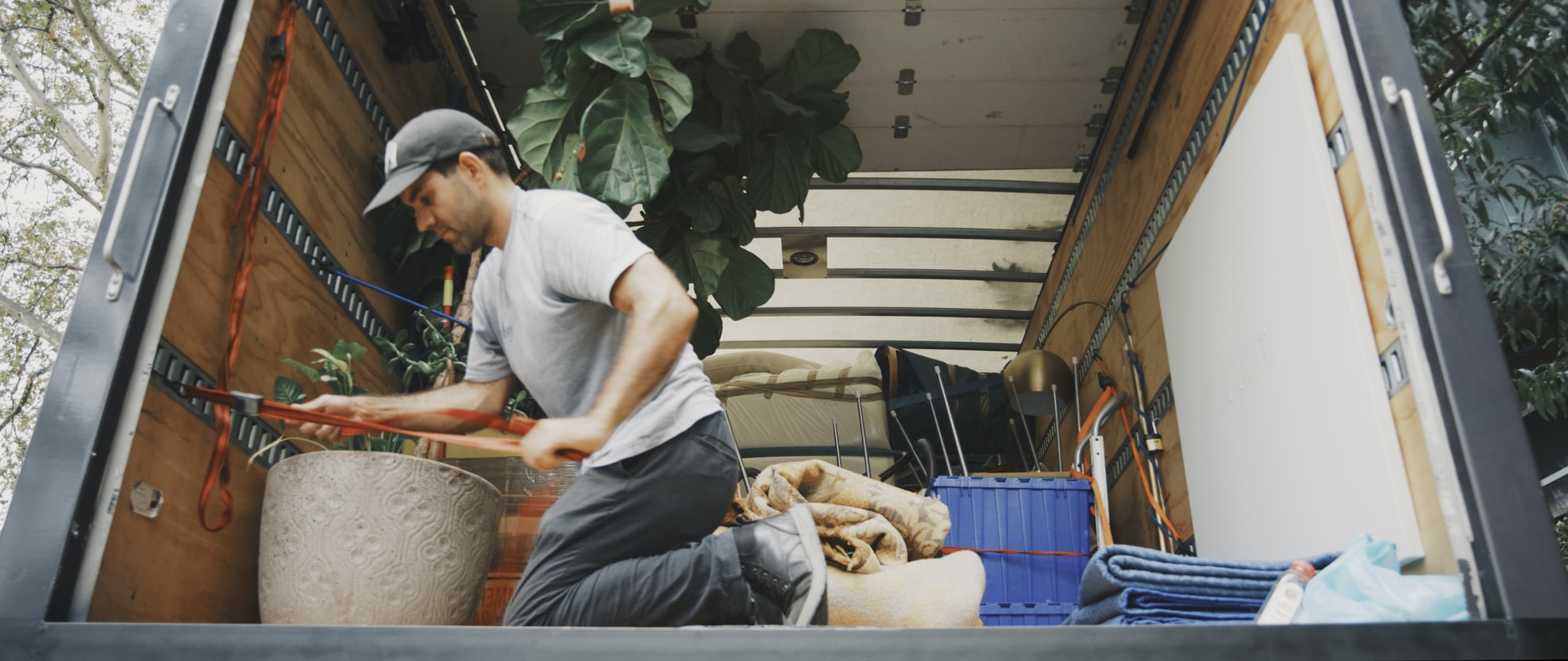Are you planning to relocate to Jacksonville? Or are you a resident who wants to move houses? Do not worry about who will help you transport your belongings, as there are a host of Jacksonville movers. Continue reading to get ideas on choosing the best movers in a town like Moveday movers Jacksonville company.
1. Use Referrals
You can ask friends, coworkers, or family members to recommend reputable moving companies to you. Referrals save you from the daunting task of scouring for a mover from the internet or advertisement boards. If your family members lack recommendations, enlist the help of a real estate agent.
2. Check Out for any Red Flags
Watch out for any weird demands as you get a quote from a local moving company. For instance, legitimate moving companies do not take their pay upfront; they handle the business first before receiving their fee. Be wary of movers asking for money upfront as they may end up shortchanging you through the provision of pathetic services.
It is advisable to seek the services of another provider if the current team arrives in a rented vehicle, seems unsure of their abilities, and cannot answer questions about the trade they ply. Professional teams use their equipment that has the company’s logo.
3. Ask the Movers to Produce their Professional Accreditations
Companies undergo a vetting process from trade unions before getting an approved seal or gaining membership. The American Moving and Storage association runs the vetting. Ensure that the mover you choose has equipment that has the union’s logo. You can confirm the identity of the company directly via the trade association’s website.
4. Make Sure the Moving Company is Licensed and Insured
Suppose you are switching States. It’s vital to verify a company’s U.S DOT number. Licenses allow the company to operate while insurance helps to cushion your belongings.
5. Stay Away from Companies with A Name Switch
Some corporations evade assessment by the authorities like the Better Business Bureau by operating the business using a host of names. Ensure that the corporation has insurance and proper licensing; it also has to have a local address.
Look for online reviews of the service provider. Also, see whether the business has any other names, federal and state licenses.
6. Make a Moving Inventory
A good mover will take stock of all your items and determine the weight and bulk of your belongings. They can carry out the survey virtually or in person. The estimating employee should thoroughly check all the storage places of the house. The weight of your goods and the space your belongings will take significantly influence the price the mover will charge. That is why the estimate should be as accurate as possible to eliminate under and overcharging.
7. Get a Walkthrough
Choose a patient estimator who will be thorough when conducting a walkthrough. A competent estimator will focus on what items you are moving to your new abode. Arm yourself with a list of things you do not want to be in your new house. The items can be for charity donations, give always, left behind for new occupants, and Yard sales.
8. Avoid Packing Costs
The mover is not liable for the damage to your belongings when you do the packing. Movers usually hike the prices of packing materials and their labor and time. Seek a person who has enough packing materials experience if you want the mover’s package. The majority of packers are careful to avoid breakage.
9. Report Any Problems
The law gives you a nine months’ window to file insurance claims and report any complaints to the mover. As soon as you arrive in your new home, open all the boxes and check out any damaged packages. You should write the claims on the copy of the bill lading that belongs to the mover.
The mover has a month to accept the reception of your claims. Within four months of receiving the information, the mover should deny the claim or get to pay you.

